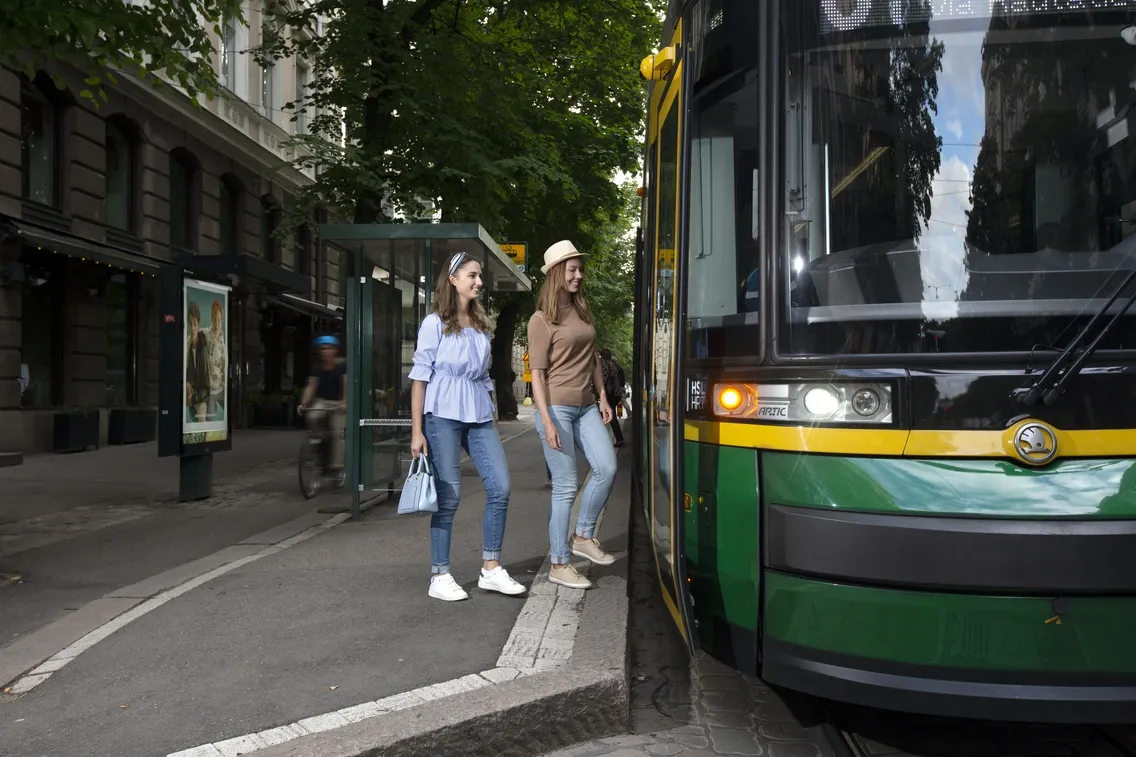
The LurTicket system allows passengers to download an app, developed by technology company Gertek, which can be used to purchase tickets. Riders present the pass as an encrypted barcode to bus drivers.
Initially, the service will be available on long-distance lines with 70 buses which includes the route from Bilbao Airport to Donostia, the San Sebastian resort town in the Bay of Biscay.
Justride SDK manages the fare tables, payments and full ticket life cycle. Bus drivers scan the ticket barcodes using Masabi’s Inspect.










